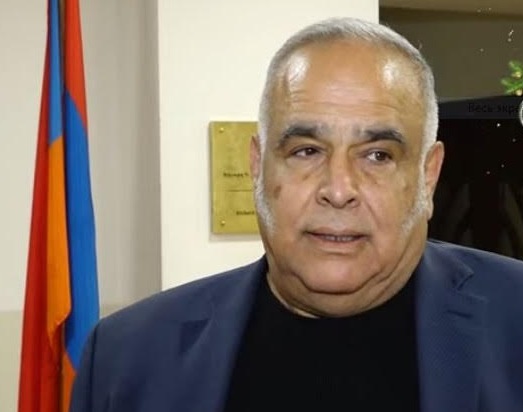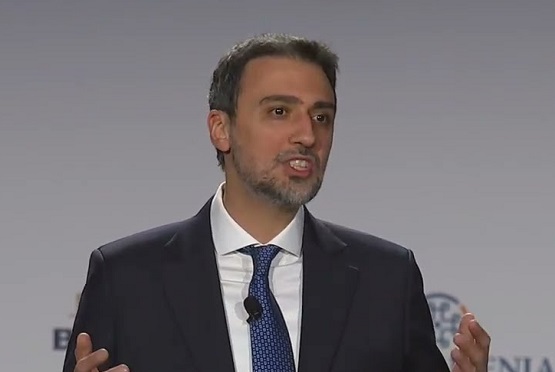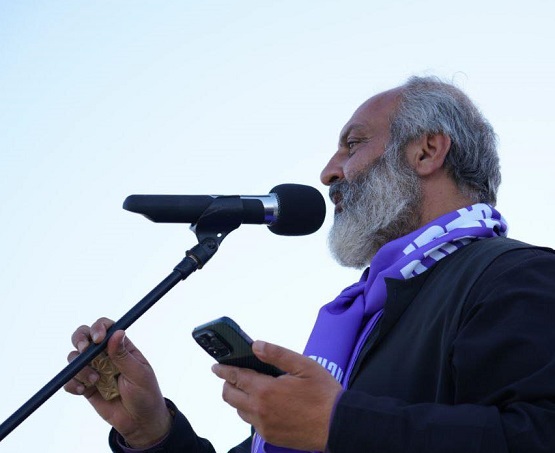U.S. Ambassador to Armenia Richard Mills answerd the Asekose.am's questions.
There is a lively discussion in Armenian political cycles and media around your statement about USD 8 billion investment potential in Armenia’s energy sector, which you made about a month ago. Has there been response or reaction from the Armenian government on it?
A: I am amazed at how the figure of $8 billion has captured Armenia’s attention. This figure has indeed caught Armenian government’s attention, as it is a figure presented by the Ministry of Energy and Natural Resources itself. Everyone should be clear on what this figure means, it is the POTENTIAL of renewable energy in Armenia. I have already had follow-on meeting with the Prime Minister and the Minister of Energy and Natural Resources. Minister Manukyan also presented additional potential projects, seeking the Embassy’s assistance in alerting U.S. companies and investors. This is part of our ongoing partnership and one we are pleased with.
What implies the potential investment of USD 8 billion in Armenia’s energy sector: purchase of all infrastructures and establishment of a new energy system based on it, or a commitment by the Armenian government to eliminate natural gas and energy distribution monopolies established by laws and international agreements?
A: The $8 billion refers simply to the potential invest ments in the renewable energy sector. Armenian has committed to liberalize its energy market in the coming years to take advantage of increasing regional energy ties. USAID and the Embassy are happy to support these efforts, which will increase the energy sector’s financial viability and independence.
Some analysts believe that with 8 billion investments from private U.S. energy sector investors Armenia will become energy sector leader in the region leaving back even Azerbaijan with its depleted oil and questionable gas resources. They also note that this goes beyond pure economic considerations and steps into the realm security, where Armenia is fully dependent on Russia. One analyst noted: “In fact, we can say that the U.S. is offering Armenia to buy back its sold sovereignty and become a modern state”. Are those seeking and identifying political context in this purely economic offer right?
A: It is impossible to fully separate economics from politics, particularly on an issue as important as energy. However, it should be clear that the U.S. goal, shared with the Government of Armenian, is to develop a more resilient and independent energy sector. The U.S. policy goals are to see an economically strong, more democratic Armenia at peace with its neighbors and able to choose its own destiny to the mutual benefit for out peoples.











